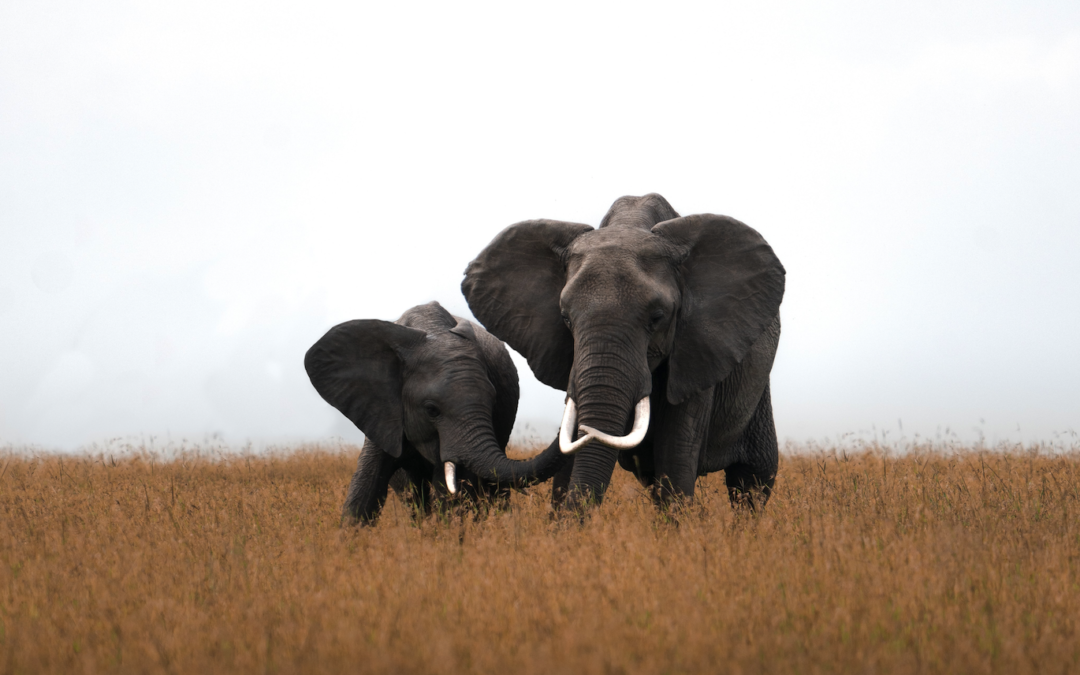Image credit: James Eades via Unsplash.
The U.S. Fish and Wildlife Service- Office of Law Enforcement (USFWS/OLE) is a global leader in the efforts to stop wildlife trafficking. The USFWS/OLE attaché program, in which USFWS law enforcement experts work with nations around the world, coordinates global efforts to protect, restore, and improve our world’s unique and diverse wildlife as well as their habitats. Thriving global wildlife is critical for the economic and ecosystem value they provide, the role they play in so many elements of human wellbeing, and of course for their own, intrinsic value.
Wildlife trafficking has become an international crisis in recent decades. Wildlife trafficking, the poaching and illegal trade of protected or managed species. Wildlife trafficking is not just an urgent conservation crisis but a threat to global security. The United States views wildlife trafficking as a “threat to good governance, a threat to the rule of law, and a challenge to our stewardship responsibilities for [the earth]”.
Profits made from the illegal trade in animal parts are a source of funding for terrorist organizations around the world. Economics throughout Africa lost roughly $25 million in tourist revenue each year due to elephant poaching, which led to more hunger, poverty, and violence throughout the continent. In many cases, communities living most closely to this wildlife are impacted the most by this crime and by the loss of livelihoods and other wellbeing benefits that wildlife can provide.
In 2014, the USFWS/OLE launched the attaché program, with the support of the U.S. State Department, and stationed the first attache at the U.S. embassy in Bangkok, Thailand. Throughout the years, the attaché program has expanded to 12 attachés stationed at U.S. embassies in South Africa, Brazil, China, Gabon, Mexico, Peru, Tanzania, Thailand, Vietnam, the U.S. Africa Command (AFRICOM) in Germany, Kenya, and the United Kingdom. Attachés are strategically placed in areas around the world to assist with the coordination and consulting of enforcement on illicit wildlife trade by facilitating intelligence sharing and investigative support amongst affected nations. The attaché program provides crucial access to FWS/OLE resources such as the National Fish and Wildlife Forensic Laboratory and the Digital Evidence Recovery and Technical Support Unit.
The attaché program has been a vital component of several wildlife trafficking and trade investigations throughout the years. For example, in April of 2019, in a multi-country collaboration focused on the global illegal trafficking of European eel, a protected species, the USFWS/OLE identified several Convention on International Trade in Endangered Species of Wild Fauna and Flora (CITES) parties as significant importers or transit points in the global eel meat trade in an operation titled operation “Eel-licit”. This operation proved successful in intercepting and stopping significant illegal trade in CITES-listed species as well as coordinating international cooperation. Operation “Eel-licit” highlights exactly what a program of this caliber can achieve.
The USFWS/OLE attaché program is a crucial component in combating wildlife poaching and the illicit trade of wildlife. Stopping these activities is vital for global security, economic, and environmental reasons, and especially for the communities dependent on these animals for livelihoods and other wellbeing benefits.
Sources:
Ensuring the End of the “Eel-Iicit” Trade: Operation Showcases FWS’ International Coordination
Wildlife Trafficking Is a National Security Issue
2019 Annual Report (Office of Law Enforcement)
Wildlife Trafficking (U.S. Department of Justice)
Wildlife Trafficking (U.S. Fish and Wildlife Services)
2020 END Wildlife Trafficking Strategic Review
Budget Justifications and Performance Information Fiscal Year 2020
